Gen. Brice Clotaire Oligui Nguema, the man who led the military coup that toppled President Ali Bongo in 2023, is now poised to secure victory in Gabon’s upcoming presidential election. His rise to power may have been unexpected, but his popularity among many Gabonese has made him a formidable candidate. Oligui Nguema’s campaign slogan, “C’BON” — a clever play on his initials and the French phrase “c’est bon” (it’s good) — encapsulates the upbeat energy surrounding his campaign. Often seen dancing on stage to the tune of “I’ve Got the Power,” he has positioned himself not just as a transitional figure, but as a man ready to lead Gabon into a new chapter.
Just five years ago, Oligui Nguema was hardly a public figure. Once dismissed from the Bongo family’s inner circle, he spent a decade abroad in diplomatic military roles in Morocco and Senegal. His quiet return to Gabon in 2018 marked the beginning of a swift political ascent: first as head of intelligence for the Republican Guard, then as its commander. Despite his low profile, he was no stranger to power. A graduate of Morocco’s Meknes Royal Military Academy, he had served as a close aide to the late President Omar Bongo. But when Ali Bongo took over in 2009, Oligui Nguema was removed and largely disappeared from public view. His re-emergence was sudden and strategic. By the time of the 2023 coup, he had consolidated control over the elite Republican Guard and swiftly assumed the role of interim president after overturning the results of a contested election.
Since taking power, Oligui Nguema has implemented popular reforms. He nationalized select foreign-owned oil assets, brought political opponents and civil society leaders into national conversations, improved infrastructure, and paid long-overdue pension arrears. His administration has also promised a return to civilian rule — a promise not yet seen in other West and Central African countries that have experienced recent coups. However, his leadership hasn’t been without controversy. Gabon continues to struggle with national debt, persistent power outages, and concerns about the military’s continued grip on power. His past associations with the Bongo dynasty also cast a shadow over his reformist image. Additionally, Oligui Nguema was accused in a 2020 investigation by the Organized Crime and Corruption Reporting Project (OCCRP) of owning luxury properties in the U.S., allegedly purchased with public funds, claims he dismissed, asserting the privacy of his personal life.
Despite international condemnation of the coup, including from the UN, the African Union, and France, Oligui Nguema remains widely popular at home. Many Gabonese, especially younger citizens, welcomed the end of nearly six decades of Bongo family rule. As he campaigns for a formal mandate from the people, Oligui Nguema promises to diversify the economy, streamline governance, tighten housing regulations, and encourage Gabonese citizens abroad to return and invest in the nation’s future. While critics question whether a former insider can truly deliver change, supporters see him as a unifying force and a leader capable of rewriting Gabon’s story. Regardless of the election’s outcome, one thing is clear: Brice Oligui Nguema has already cemented his place in Gabon’s history as the general who brought an era to an end and hopes to lead the country into a new one.


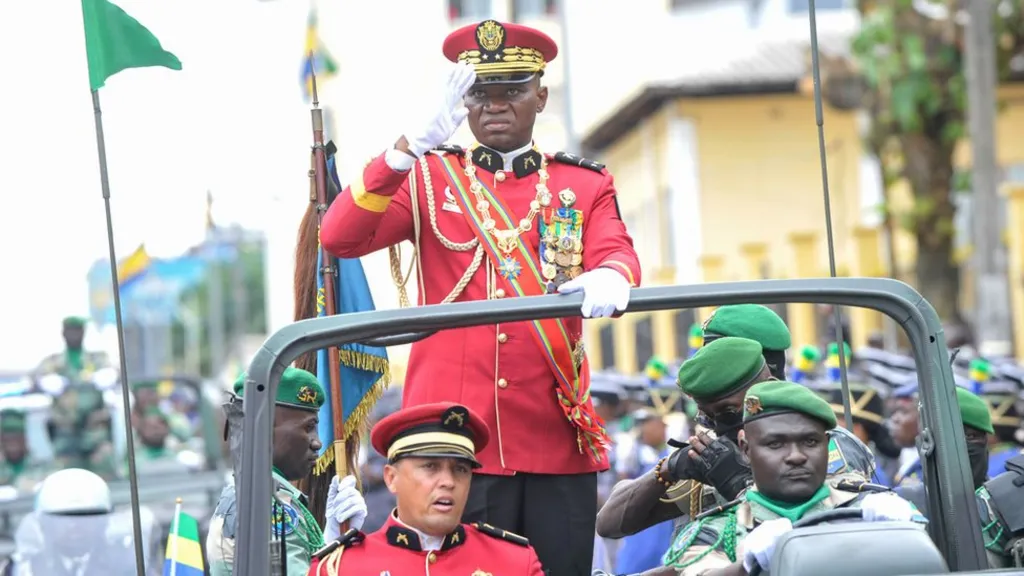
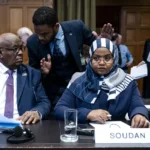
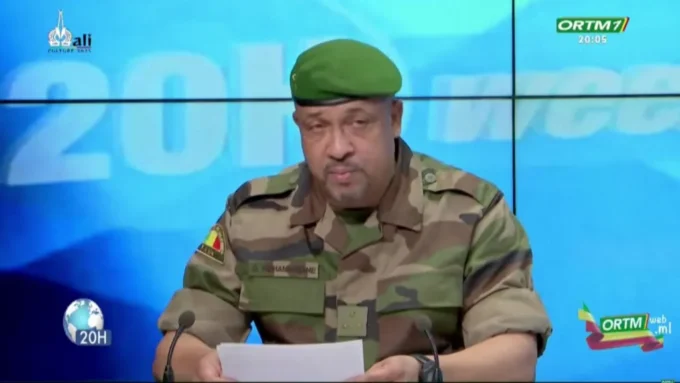
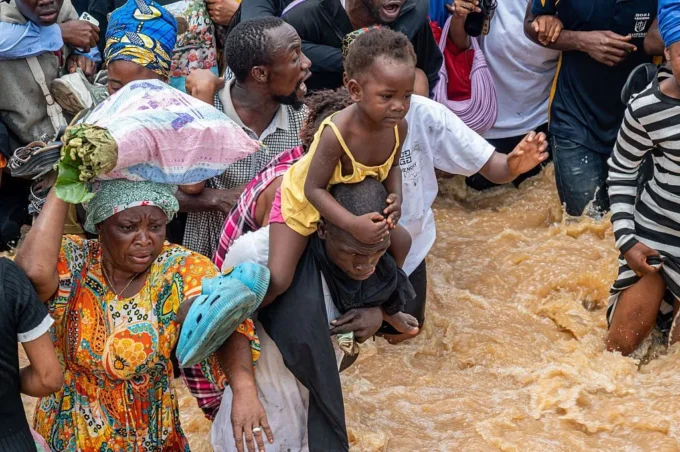



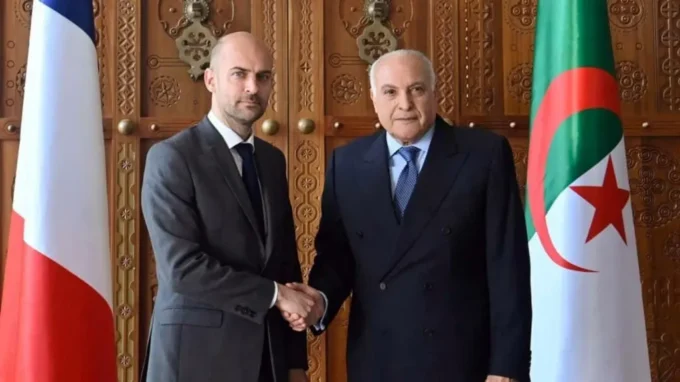



Leave a comment